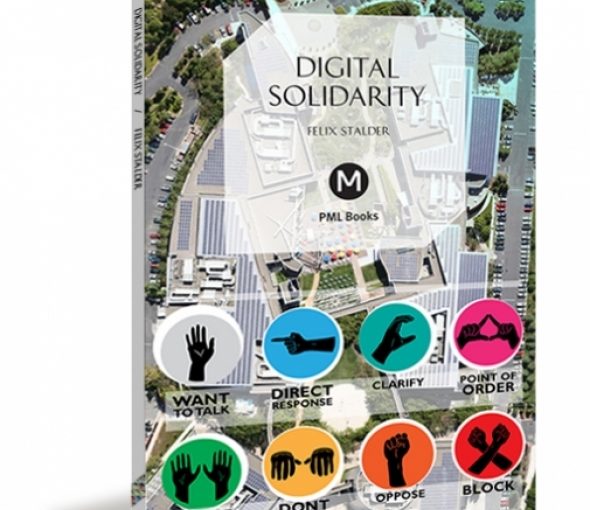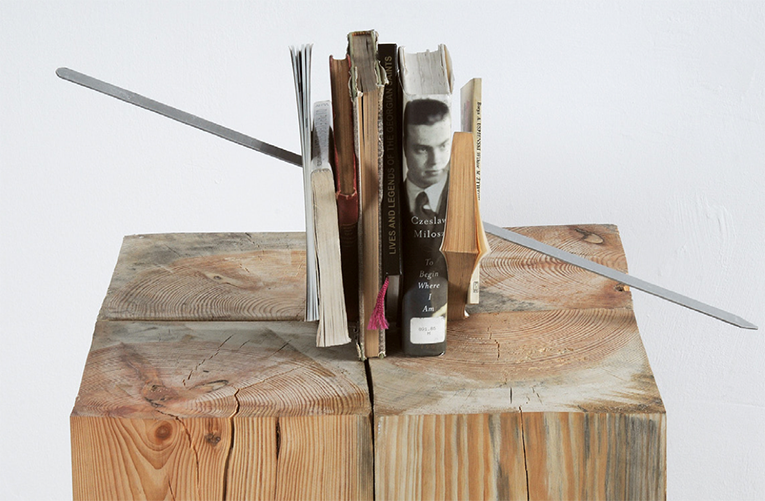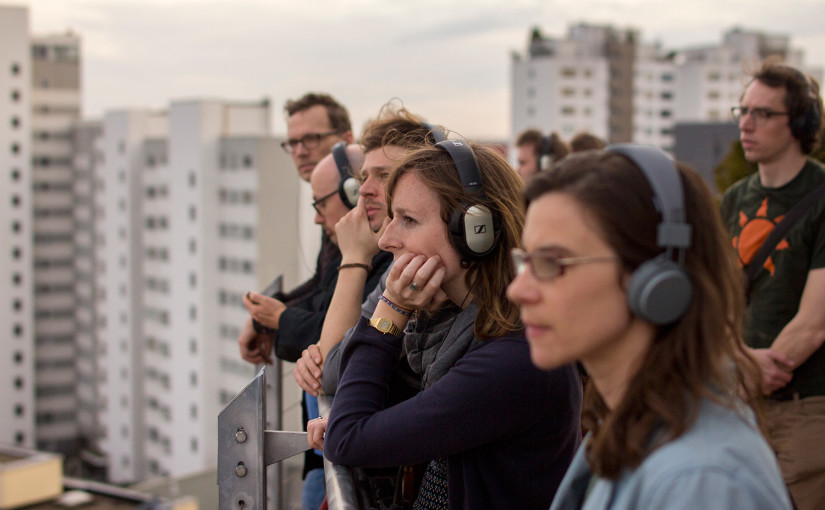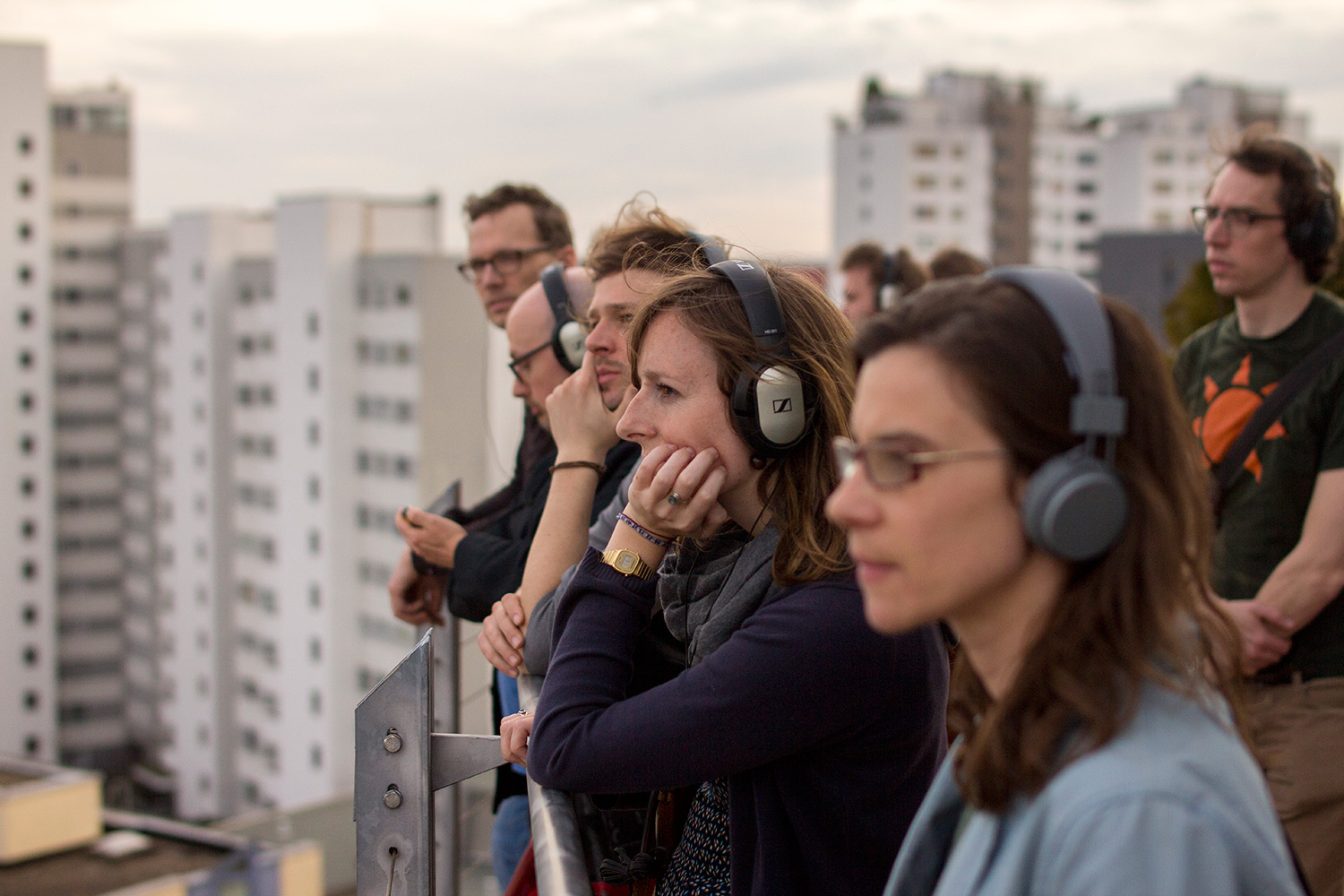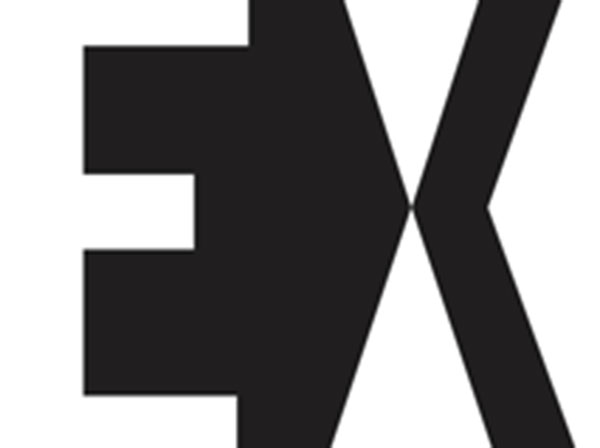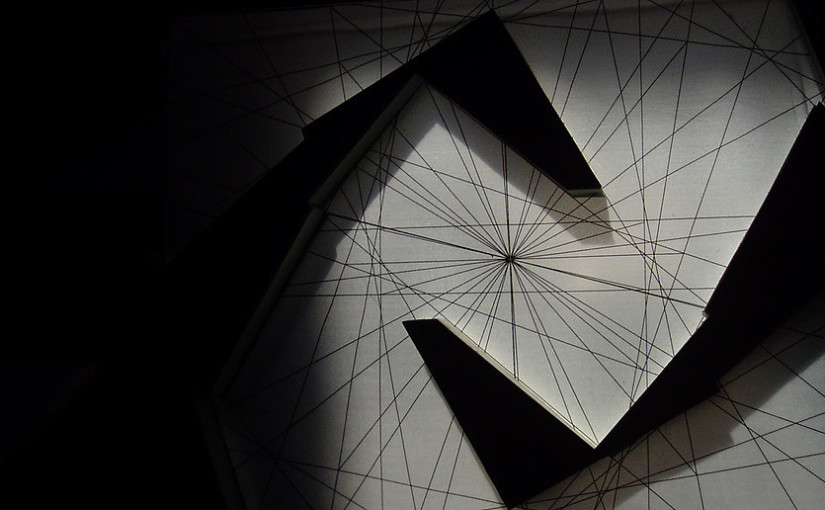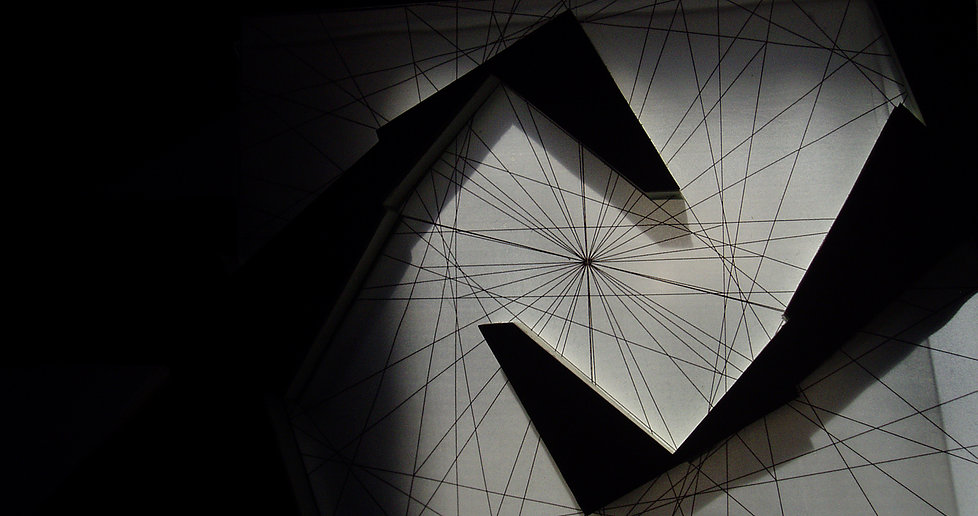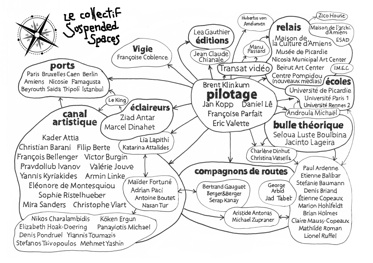
Suspended spaces is an independent collective, set up above all with the desire to work together and with other artists and international researchers. It exists since 2007. It is based in Paris, Caen, Berlin.
Jan Kopp was born in 1970 in Frankfurt and lives in Paris and Rome. He is represented by the gallery Marion Meyer (Paris). He has exhibited in 2011 at the Abbey of Maubuisson and in 2012 at at the CRAC Alsace, the Fresnoy, the Collège des Bernardins (Paris), the Frac Alsace. Jacinto Lageira is a philosopher, professor in Aesthetics at the Université de Paris 1 (Panthéon-Sorbonne). Daniel Lê was born in 1961 in France, he lives in Paris. He is an artist and teaches visual arts at the Université Picardie Jules Verne (Amiens, France). Françoise Parfait is professor of visual arts and new media at the Université de Paris 1 Panthéon-Sorbonne, and an artist. Eric Valette is a lecturer in visual arts at the Université Picardie Jules Verne (Amiens, France) and an artist. He lives in Paris. websiteAre also members of the association Suspended spaces, Kader Attia, Marcel Dinahet, Maïder Fortuné, Valérie Jouve.
Source : http://www.suspendedspaces.net

